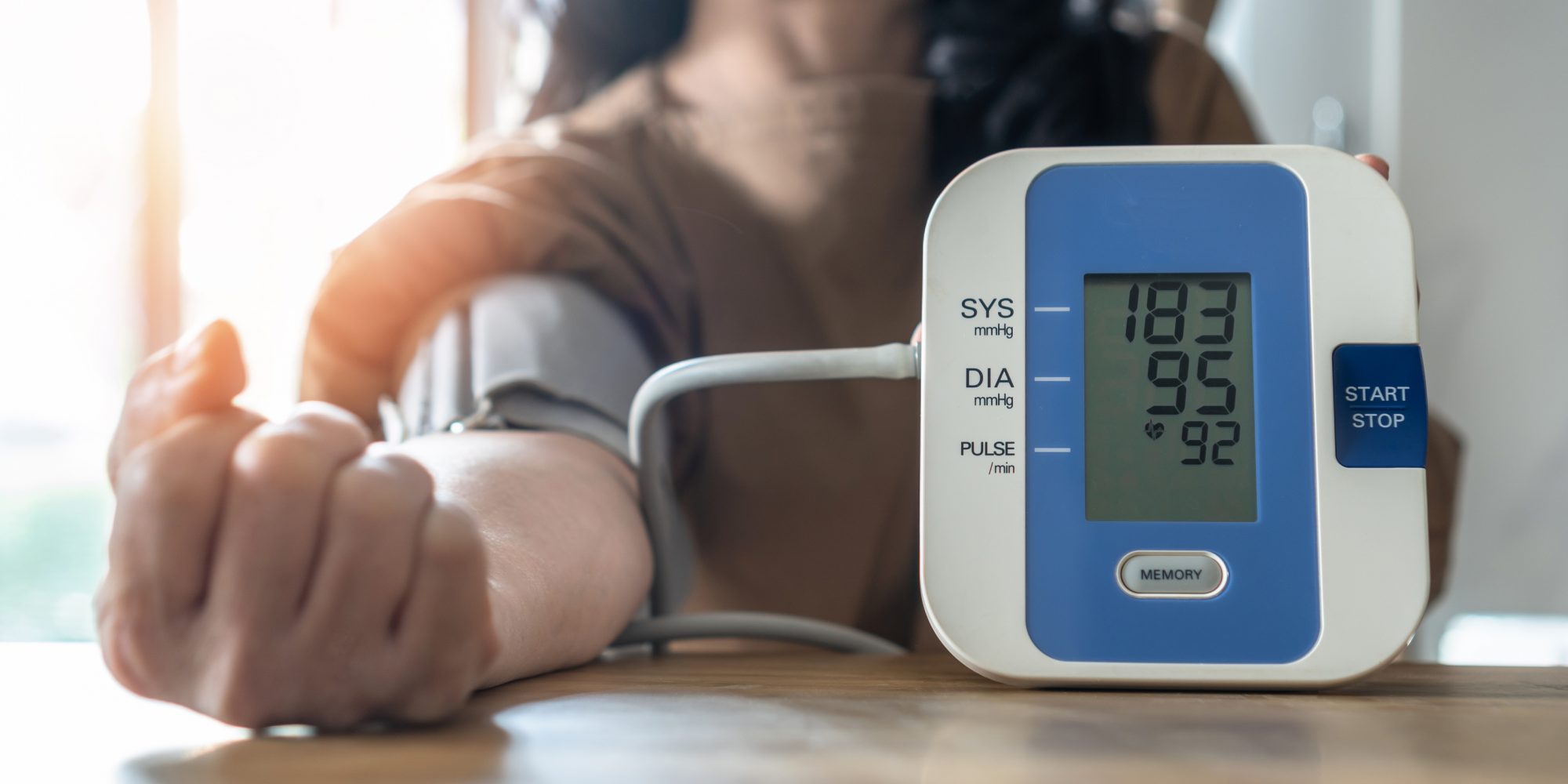Regular naps have been associated with higher risks for high blood pressure and stroke, as those who nap more generally sleep worse at night
Researchers in China found that regular naps could be a potential causal risk factor for high blood pressure and/or stroke, as sleep is an influential factor in the overall health of people.
Using Mendelian randomisation, they found a genetic risk validation to investigate whether frequent napping was associated with high blood pressure and ischemic stroke – finding that higher napping frequency was related to the genetic propensity for high blood pressure risk.
E Wang, Ph.D., M.D., said: “These results are especially interesting since millions of people might enjoy a regular or even daily nap.”
The study found that a higher percentage of usual-nappers were men
From the study, researchers found that the higher percentage of regular-nappers had lower education and income levels, and reported cigarette smoking, daily drinking, insomnia, snoring and being an evening person compared to never- or sometimes-nappers.
When compared to people who reported never napping, people who usually nap had a 12% higher likelihood of developing high blood pressure and a 24% higher likelihood of having a stroke.
Participants younger than age 60 who usually napped had a 20% higher risk of developing high blood pressure compared to people the same age who never napped.

However, after the age of 60, usual napping was associated with a 10% higher risk of high blood pressure compared to those who reported never napping.
During the study, around 75% of participants remained in the same napping category throughout the study.
Overall, using the Mendelian randomisation, they found that if napping frequency increased by one category – from never to sometimes or sometimes to usually – high blood pressure risk could be increased by up to 40%.
Although taking a nap itself is not harmful, many people who take naps may do so because of poor sleep at night
Michael A. Grandner, Ph.D., MTR, said: “This may be because, although taking a nap itself is not harmful, many people who take naps may do so because of poor sleep at night. Poor sleep at night is associated with poorer health, and naps are not enough to make up for that.
“This study echoes other findings that generally show that taking more naps seems to reflect an increased risk for problems with heart health and other issues.”
How did the team collect napping data?
Using information from UK Biobank, which is a large biomedical database and research resource containing anonymised genetic, lifestyle and health information from half a million UK participants, they recruited over 500,000 participants between the ages of 40 and 69 who lived in the United Kingdom between 2006 and 2010.
They regularly provided blood, urine and saliva samples, as well as detailed information about their lifestyle. The daytime napping frequency survey occurred 4 times from 2006 – 2019 in a small proportion of UK Biobank participants.
The study group excluded records of people who had already had a stroke or had high blood pressure before the start of the study, which left around 360,000 participants to analyse the association between napping and first-time reports of stroke or high blood pressure, with an average follow-up of about 11 years.
Participants were divided into groups based on self-reported napping frequency: “never/rarely,” “sometimes,” or “usually.”
Using this data, they were able to extract a large enough sample size for all types of sleepers, finding that those with a higher likelihood of napping were at an increased risk of high blood pressure and stroke.
The results were published in the American Heart Association.











